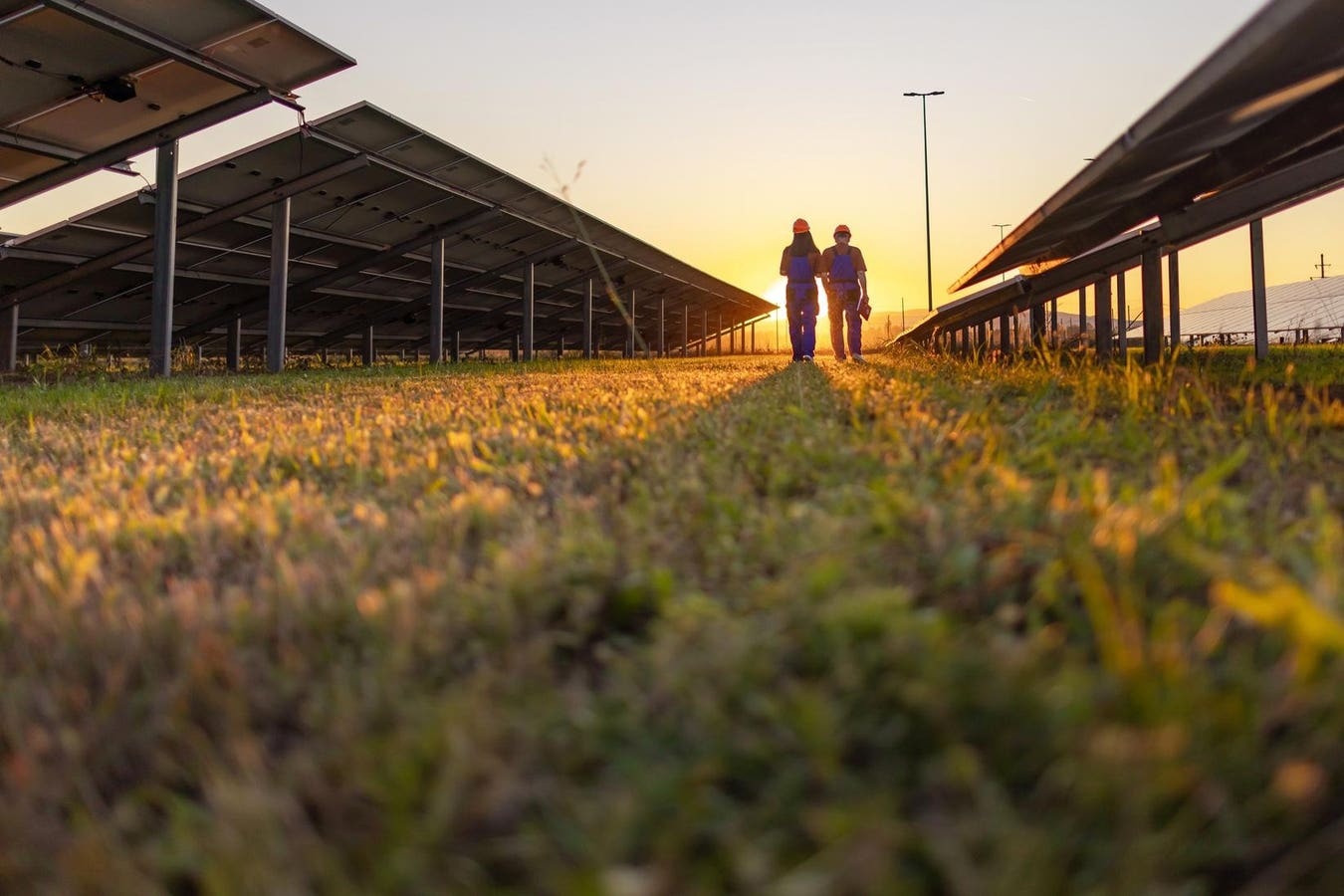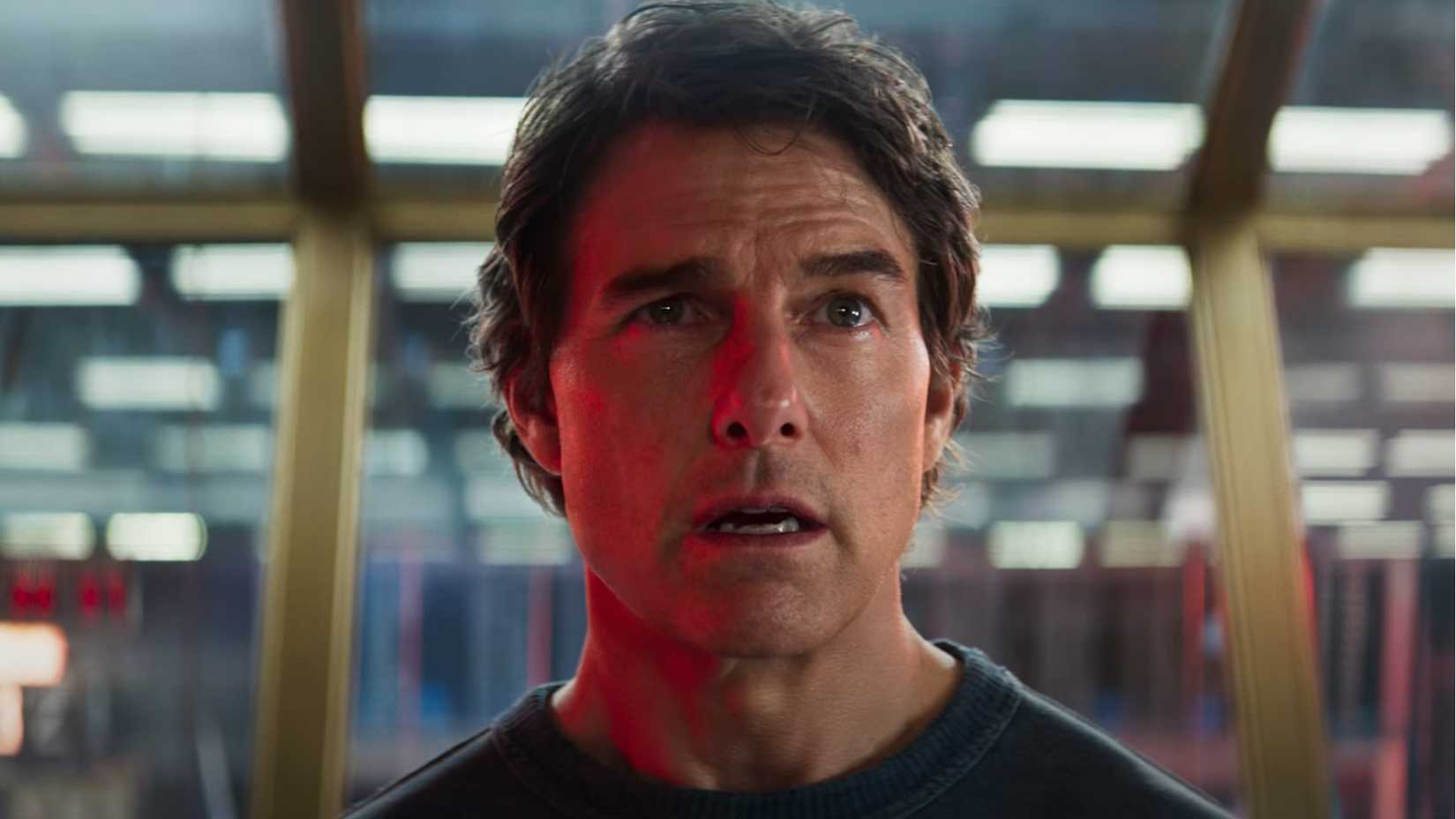Kenya unveils bold tourism manifesto to redefine its global identity
… followed a comprehensive Jamhuri Tourism Week themed Tourism, Wildlife and MICE.
During … and discussed ways to expand tourism offerings while strengthening conservation efforts … an innovative travel passport and guide aimed at boosting tourist numbers and …










